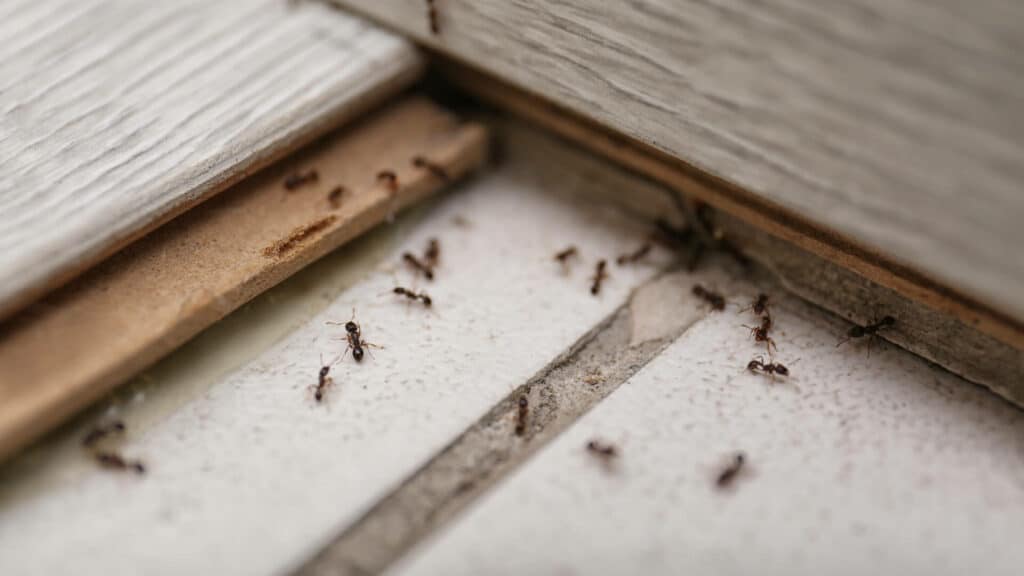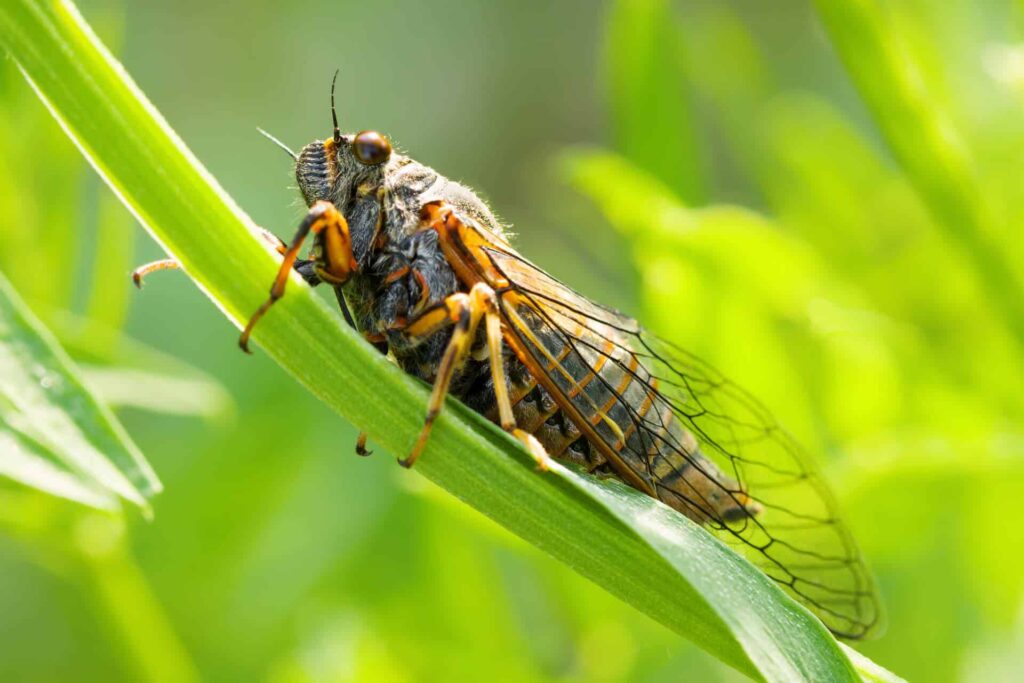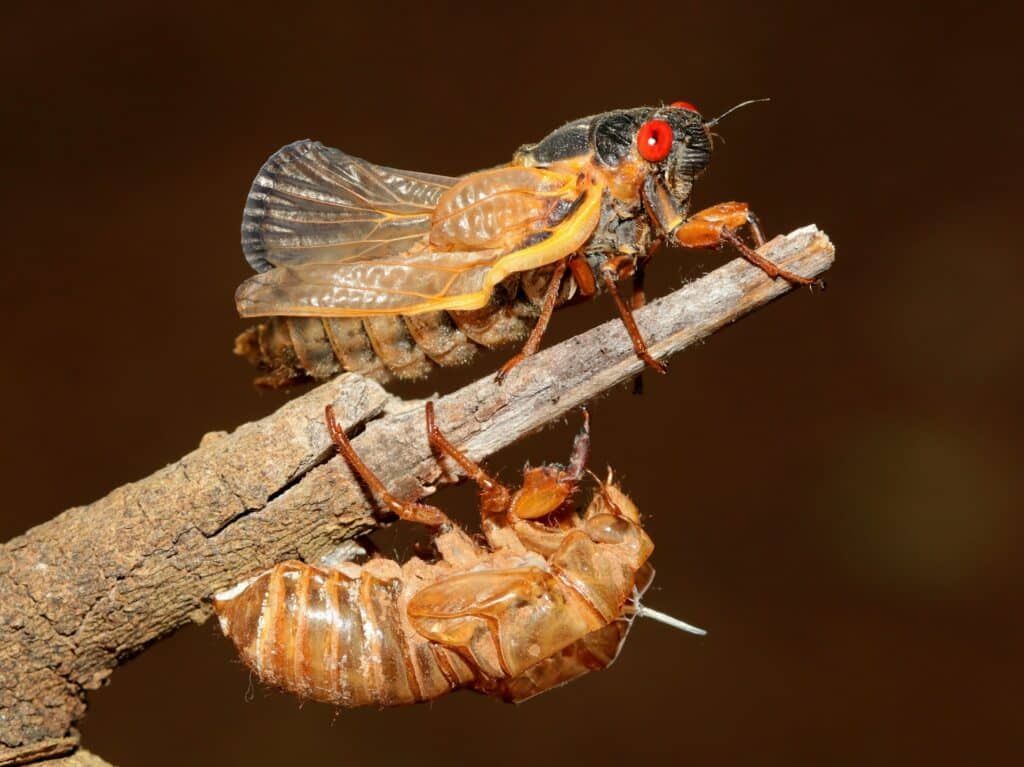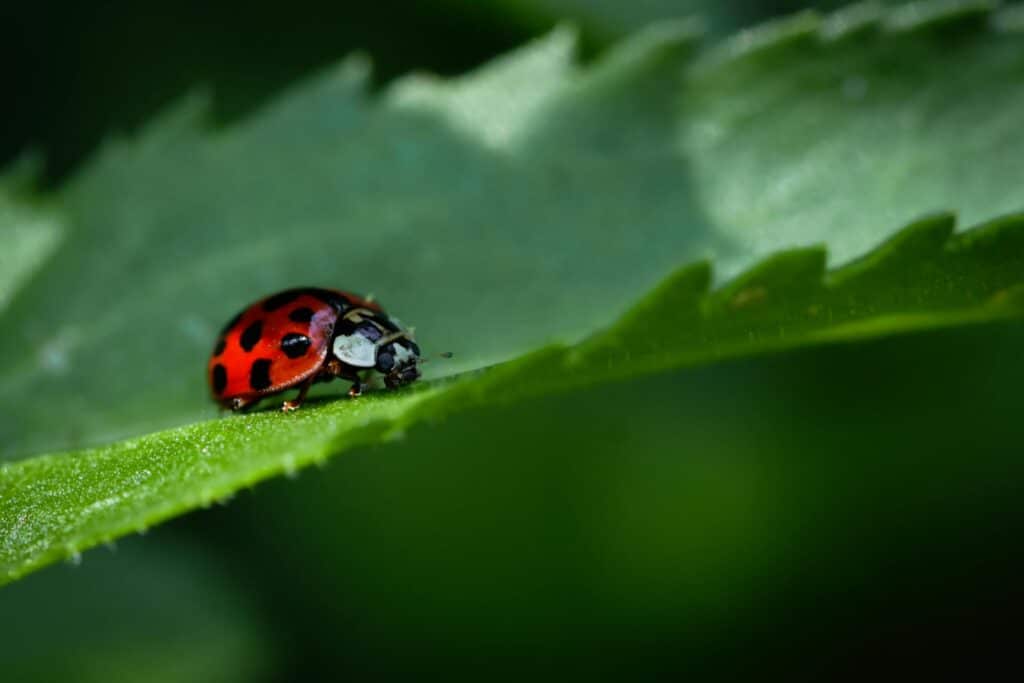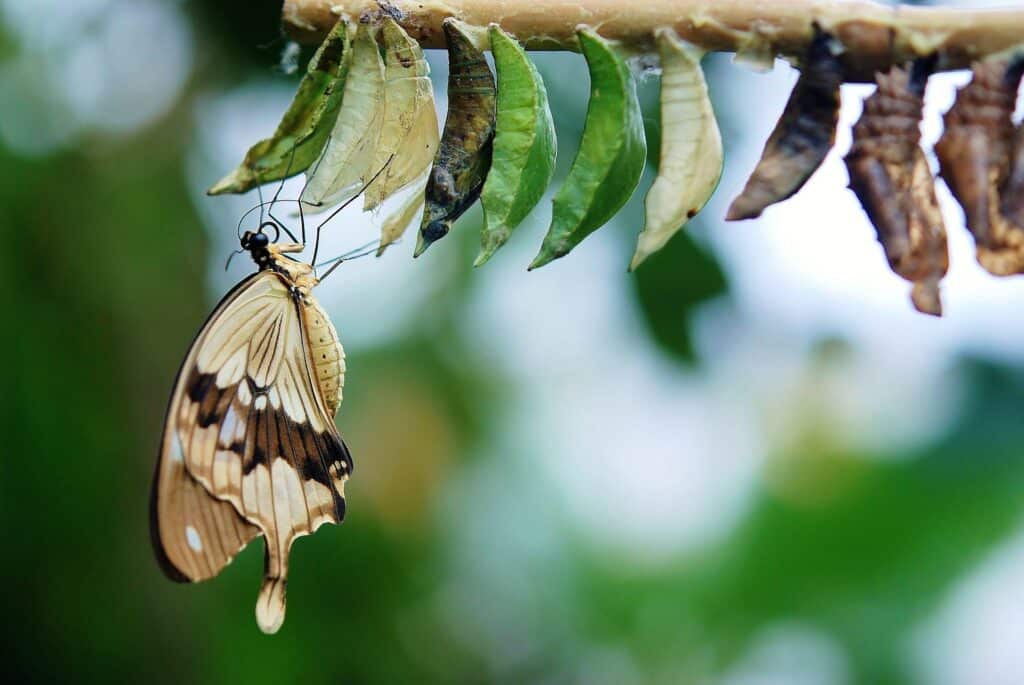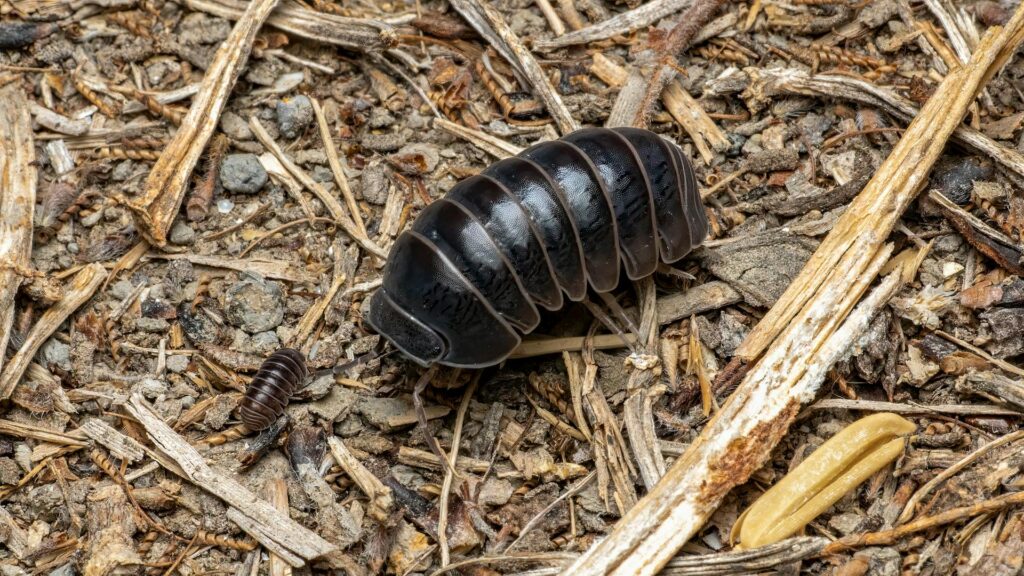Have you ever wondered why mosquitoes seem to target some people at outdoor gatherings while completely ignoring others? The answer involves a complex combination of factors including blood type, body chemistry, and individual characteristics that make certain people more attractive to these blood-seeking insects.
Knowing what draws mosquitoes to specific individuals can help explain why you might be a “mosquito magnet” and provide insights into better protection strategies for reducing your attractiveness to these disease-carrying pests during outdoor activities.
Are mosquitoes attracted to certain blood types?
Research has shown that mosquitoes do exhibit preferences for certain blood types, with Type O blood being the most attractive to these insects. Studies indicate that people with Type O blood are bitten approximately twice as often as those with Type A blood, while Type B blood falls somewhere in between. This preference appears to be related to chemical markers that people with different blood types secrete through their skin, allowing mosquitoes to detect blood type even before biting.
However, blood type is just one factor among many that influence mosquito attraction. About 85% of people secrete chemicals that signal their blood type through their skin, making them more detectable to mosquitoes, while the remaining 15% are “non-secretors” who may be less attractive regardless of their blood type.
Other significant factors include carbon dioxide production (larger people and pregnant women exhale more CO2), body temperature, lactic acid production from exercise, clothing color preferences (mosquitoes are attracted to dark colors), and individual body chemistry including natural skin bacteria. Beer consumption, perfumes, and certain metabolic factors also influence mosquito attraction, making some people consistently more appealing targets than others regardless of their blood type.
What to do if you have a mosquito bite
Treating mosquito bites promptly can significantly reduce discomfort and prevent complications from scratching. Immediately after being bitten, wash the affected area with soap and cool water to remove any mosquito saliva and reduce the initial inflammatory response. Apply a cold compress or ice pack for 10-15 minutes to numb the area and reduce swelling, which provides immediate relief from itching and burning sensations.
For ongoing itch relief, apply topical treatments like calamine lotion, hydrocortisone cream, or antihistamine lotions directly to the bite. Oral antihistamines like Benadryl or Claritin can help reduce overall allergic reactions and systemic itching, particularly useful for people with multiple bites or strong reactions to mosquito saliva.
Avoid scratching bites as this can lead to secondary bacterial infections and prolonged healing. Instead, try gently patting or tapping the area when itching becomes intense. Natural remedies like aloe vera, tea tree oil, or oatmeal baths can provide additional relief for sensitive individuals.
Monitor bites for signs of infection including increased redness, warmth, pus, or red streaking, and seek medical attention if these symptoms develop. Also watch for signs of mosquito-borne illness like fever, headache, joint pain, or rash developing days after being bitten.
Do certain types of mosquito bites itch more?
Mosquito bite reactions vary significantly depending on the mosquito species, individual sensitivity, and previous exposure history. Different mosquito species inject varying amounts and compositions of saliva when feeding, leading to different reaction intensities. Aedes mosquitoes (which transmit Zika and dengue) often produce more immediate and intense reactions compared to Culex species, while some tropical species can cause particularly severe local reactions.
Individual sensitivity plays a crucial role in bite severity. People who are frequently exposed to mosquitoes often develop some tolerance over time, experiencing milder reactions, while those with limited exposure may have more dramatic responses. Children and people with compromised immune systems often experience more severe itching and swelling from mosquito bites.
Some people experience delayed reactions where bites don’t itch initially but become increasingly uncomfortable over 24-48 hours. Others have immediate severe reactions with intense itching that peaks within hours of being bitten. Understanding your personal reaction pattern helps determine the most effective treatment timing and approach.
How to prevent a mosquito infestation
Preventing mosquito populations and implementing mosquito control requires eliminating breeding sites and reducing attractants around your property:
- Eliminate standing water: Remove or regularly empty containers like flower pots, bird baths, kiddie pools, and clogged gutters where mosquitoes lay eggs.
- Improve drainage: Address areas with poor drainage around your property and ensure water doesn’t collect in low spots or near foundations.
- Maintain water features: Treat permanent water features like ponds with larvicides or introduce mosquito-eating fish to control breeding.
- Reduce outdoor attractants: Limit outdoor lighting that attracts mosquitoes and avoid leaving food or sweet drinks outside during peak activity hours.
- Landscape management: Keep grass trimmed short, remove dense vegetation near seating areas, and eliminate debris where mosquitoes rest during daylight hours.
What to do if you have a mosquito infestation
Managing active mosquito infestations requires immediate action to reduce populations and protect your family:
- Professional treatment: Contact pest control services for comprehensive property assessment and targeted treatments that address both breeding sites and adult populations.
- Use personal protection: Apply EPA-approved repellents containing DEET, picaridin, or oil of lemon eucalyptus when spending time outdoors.
- Install physical barriers: Use fans on patios and decks (mosquitoes are weak fliers), ensure window and door screens are intact and properly fitted
- Treat breeding sites: Apply larvicides to water sources that cannot be eliminated and use mosquito dunks in rain barrels or permanent water features.
- Coordinate with neighbors: Work with surrounding properties to address community-wide breeding sites, as mosquitoes can travel significant distances from their breeding grounds.
When to call the professionals
For homeowners struggling with persistent mosquito issues that impact outdoor activities or threaten family health, professional pest control services provide the most reliable and thorough solutions. Aptive’s trained specialists can evaluate mosquito populations on your property and determine which species are present, essential information for selecting effective treatment approaches and assessing potential disease risks.
If mosquitoes consistently target specific household members or you’re concerned about disease transmission in your region, take action now—reach out to Aptive for a free quote. We’ll help you regain control of your outdoor spaces while helping keep these bothersome and potentially dangerous insects away from your family and loved ones.
FAQs about mosquitoes
Here are some commonly-asked questions about mosquitoes from homeowners wondering if they might have an infestation.
Q: Are mosquitoes dangerous?
Yes, mosquitoes are considered one of the world’s most dangerous animals due to their ability to transmit deadly diseases. They carry viruses, parasites, and bacteria that cause illnesses including malaria, dengue fever, Zika virus, West Nile virus, and yellow fever. While the bite itself is harmless, the pathogens mosquitoes transmit affect millions of people annually and can cause serious complications or death. Some individuals may also experience severe allergic reactions to mosquito saliva, though this is less common than disease transmission concerns.
Q: Do mosquitoes bite pets?
Yes, mosquitoes readily bite pets including dogs, cats, horses, and other warm-blooded animals. Pets can contract serious diseases from mosquito bites, with heartworm disease being the most significant threat to dogs and cats. Horses are susceptible to Eastern and Western Equine Encephalitis, which can be fatal. Pet mosquito bites can also cause allergic reactions, skin irritation, and secondary infections from scratching. Indoor pets are generally safer, but outdoor animals require protection through repellents, treatments, and environmental management to reduce mosquito exposure.
Q: Why do mosquitoes like to bite me?
Mosquitoes are attracted to you through a combination of factors including your blood type (Type O is most attractive), carbon dioxide production, body heat, and chemical signals from your skin. People who exercise produce more lactic acid and exhale more CO2, making them more attractive. Pregnancy, larger body size, beer consumption, dark clothing, and certain perfumes or soaps can increase your appeal to mosquitoes. Individual body chemistry, including natural skin bacteria and metabolic factors, also plays a significant role in determining your attractiveness to these blood-seeking insects.
